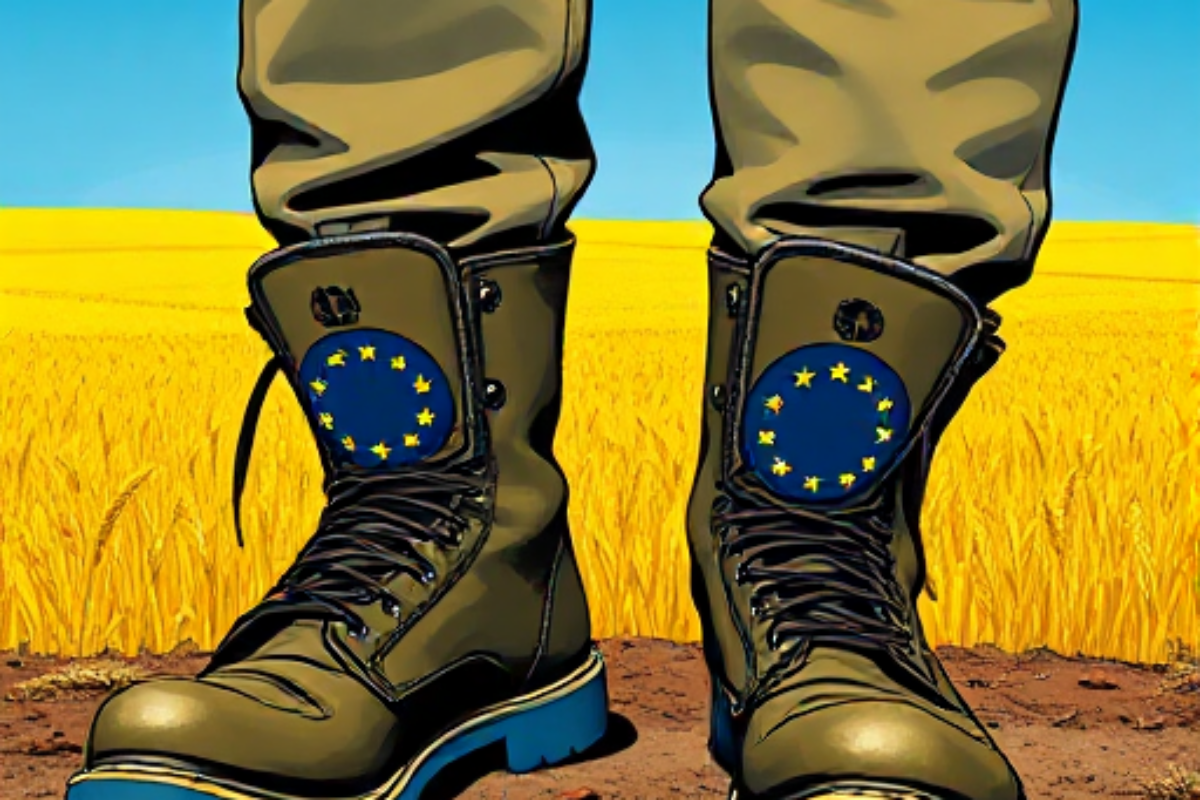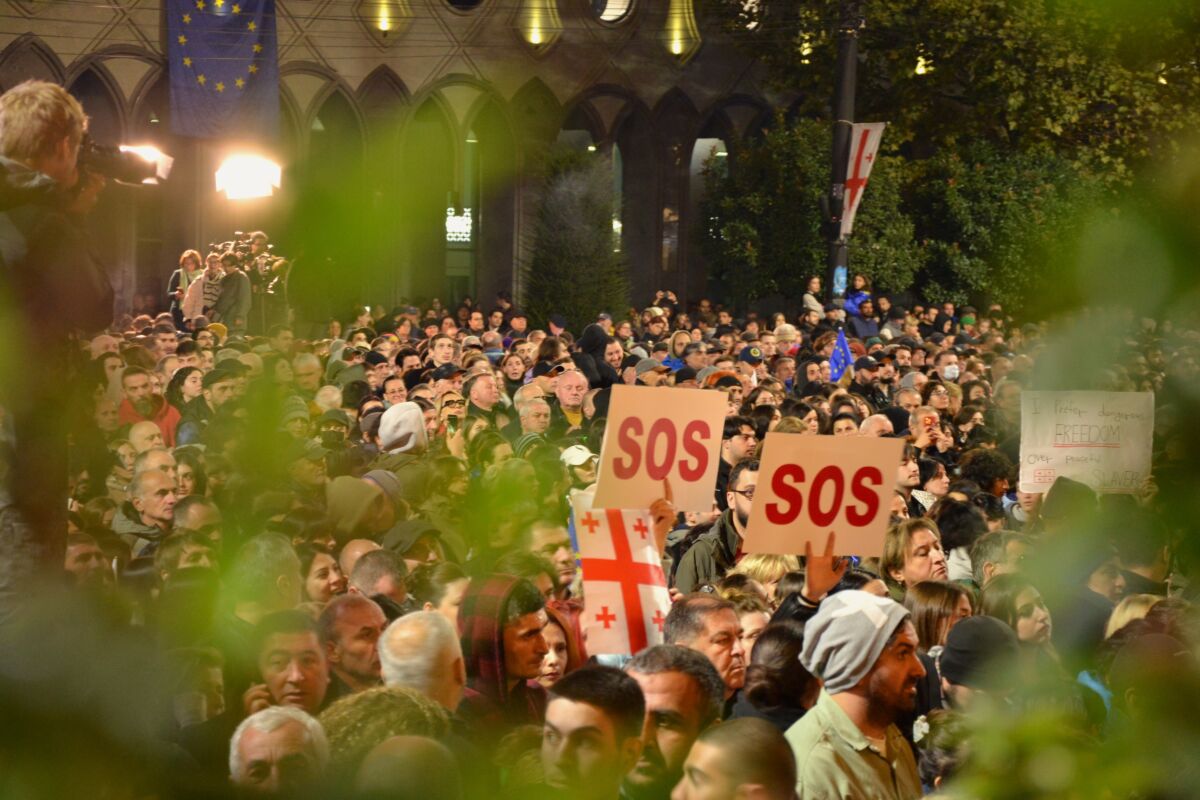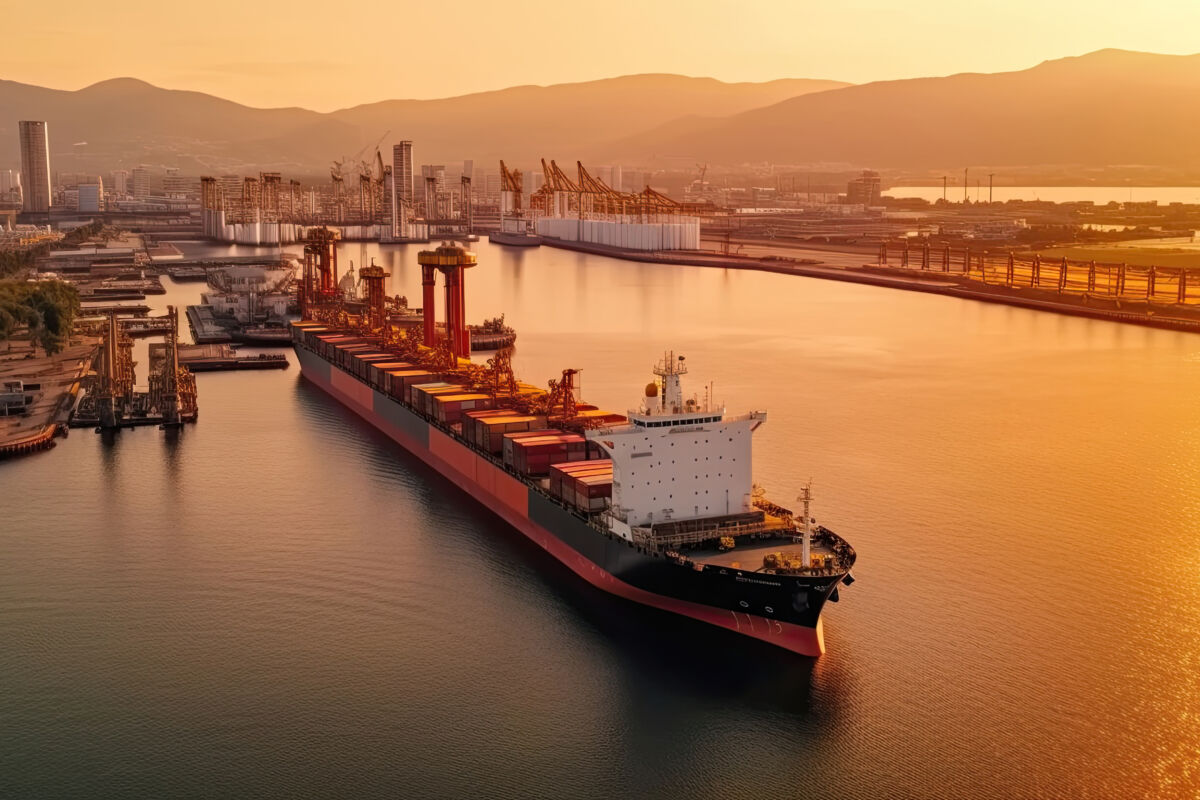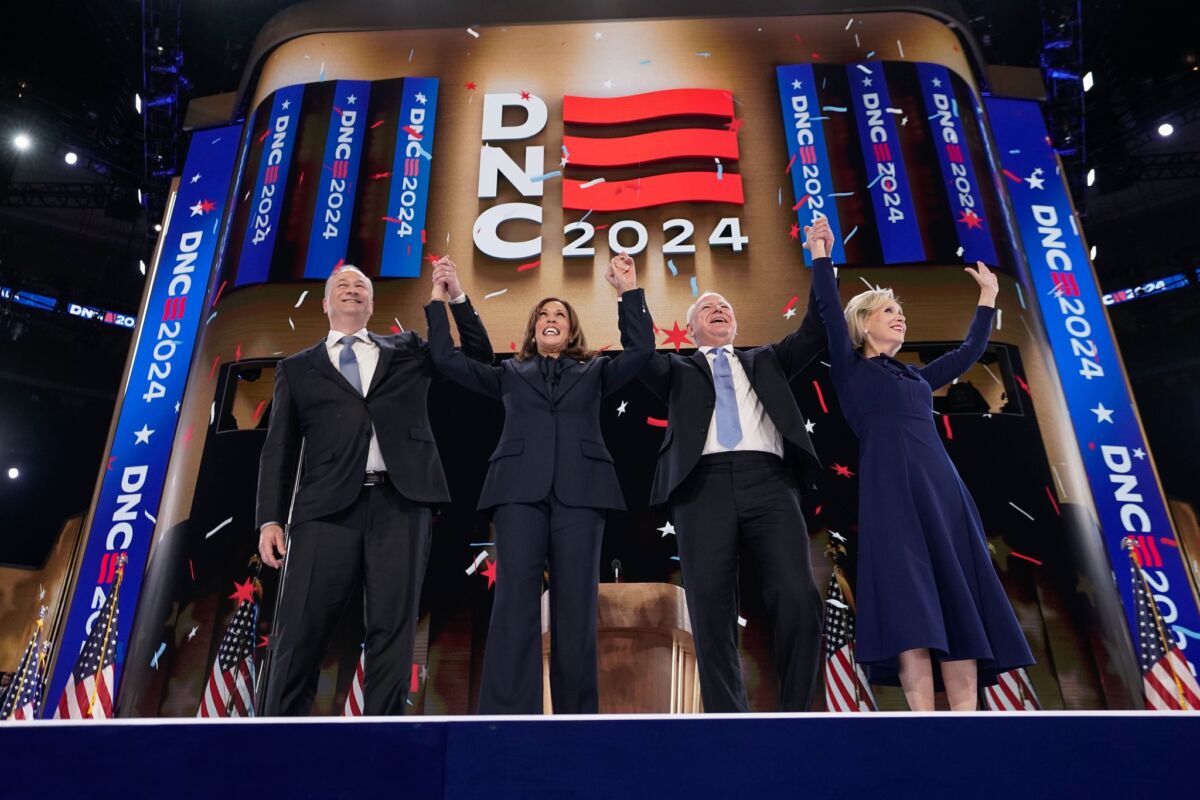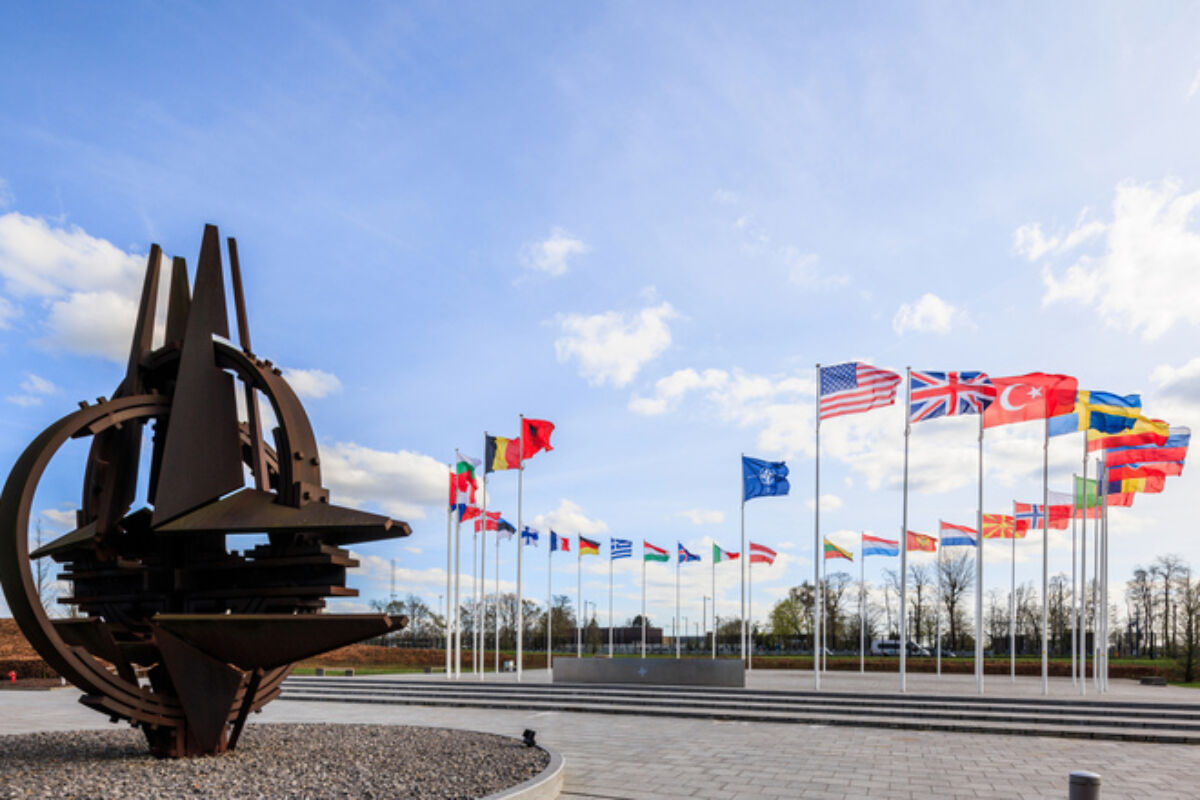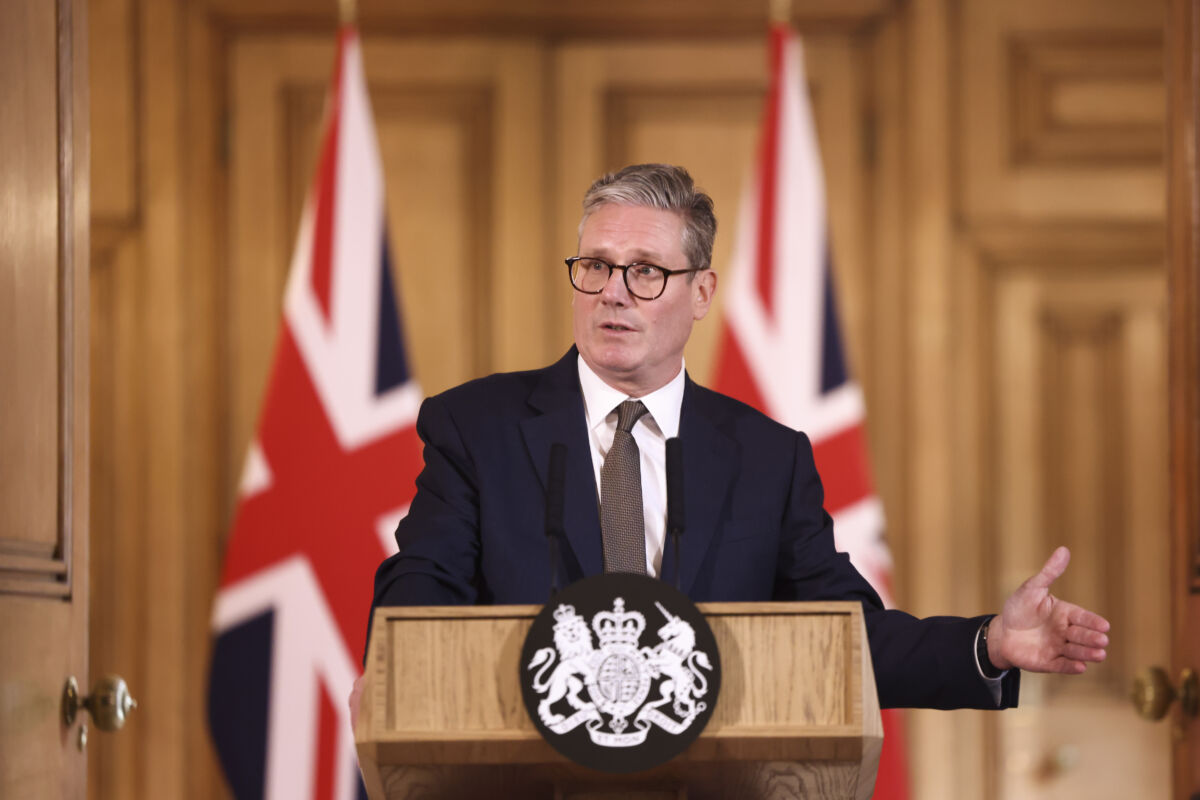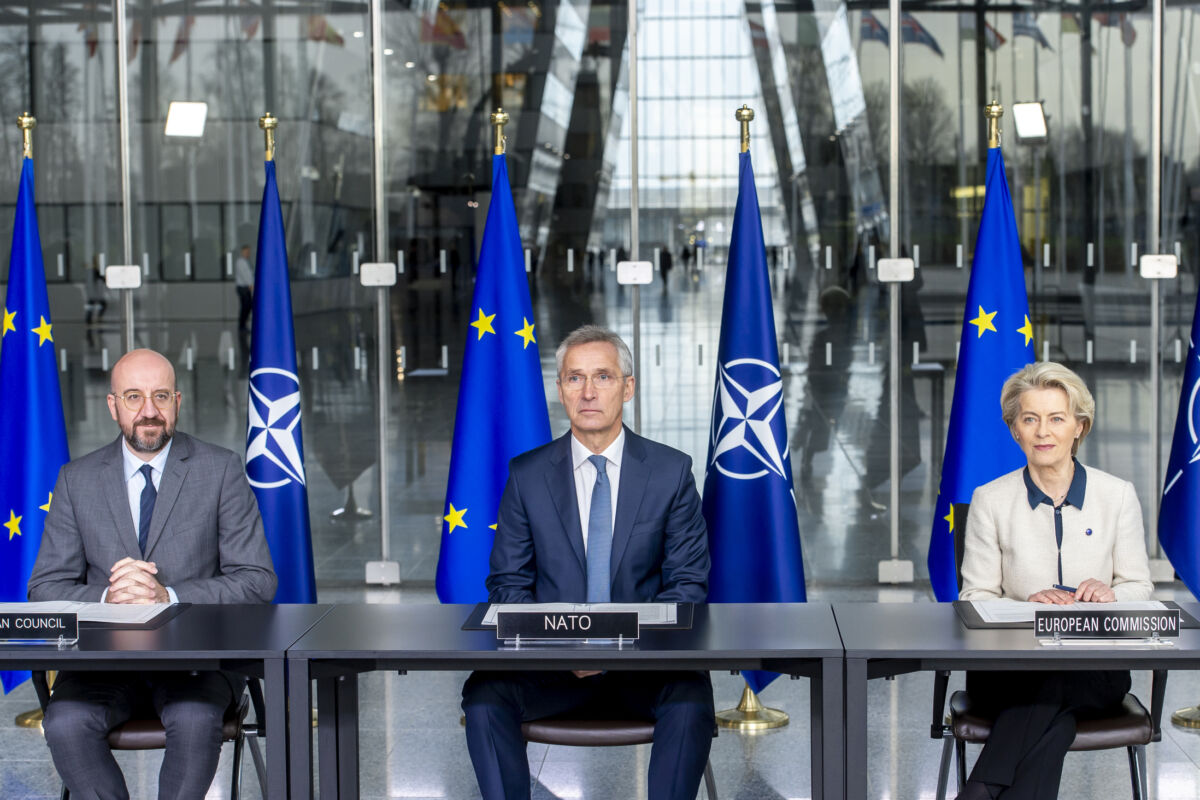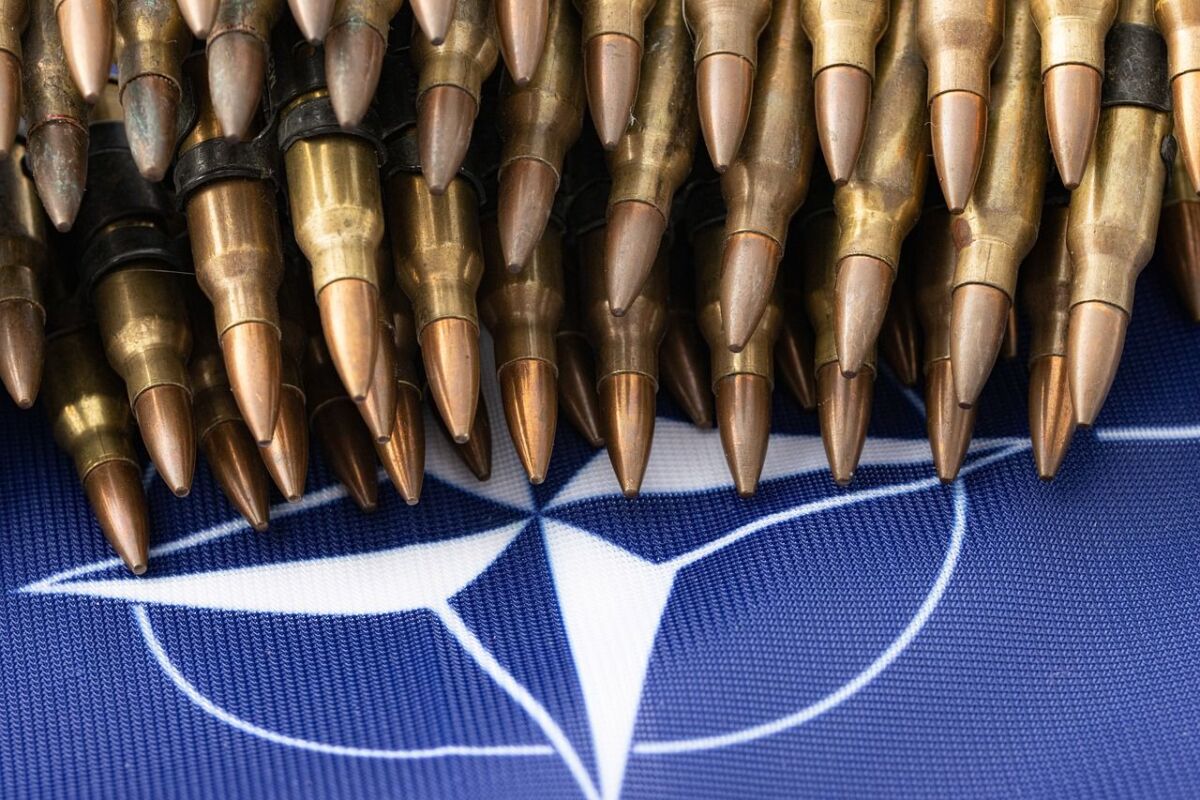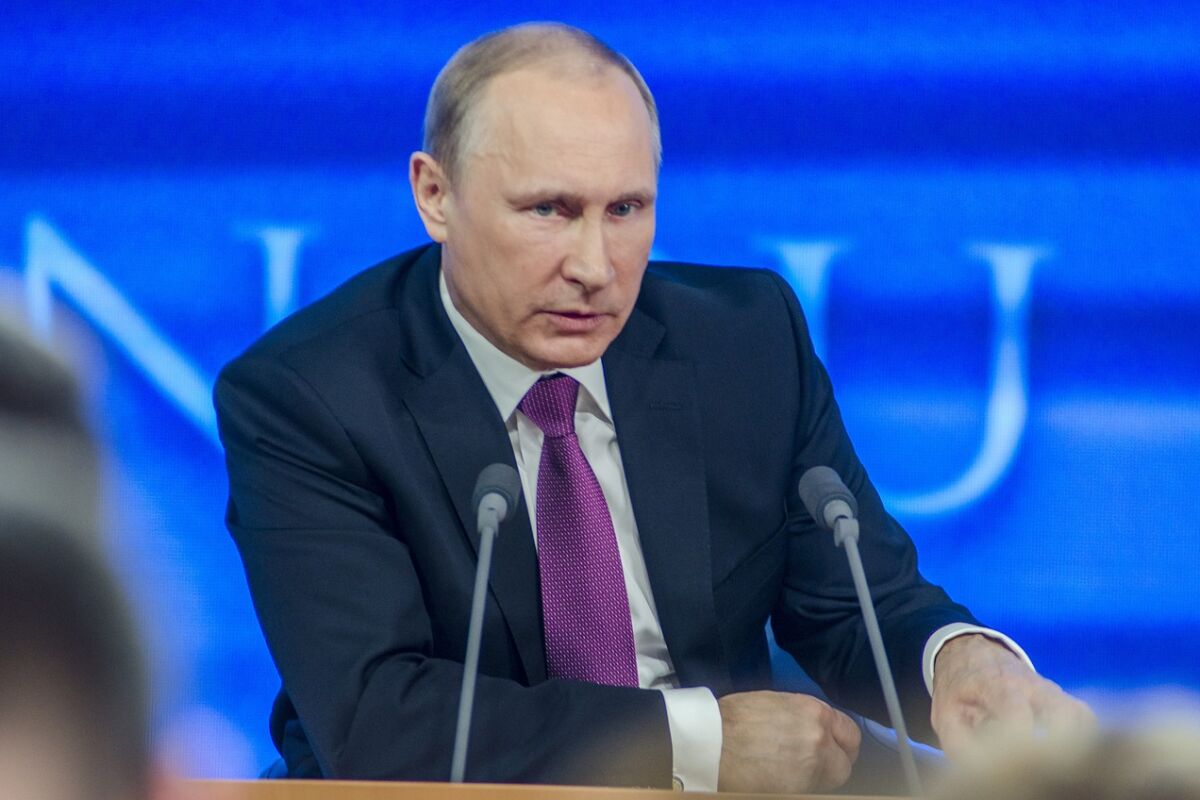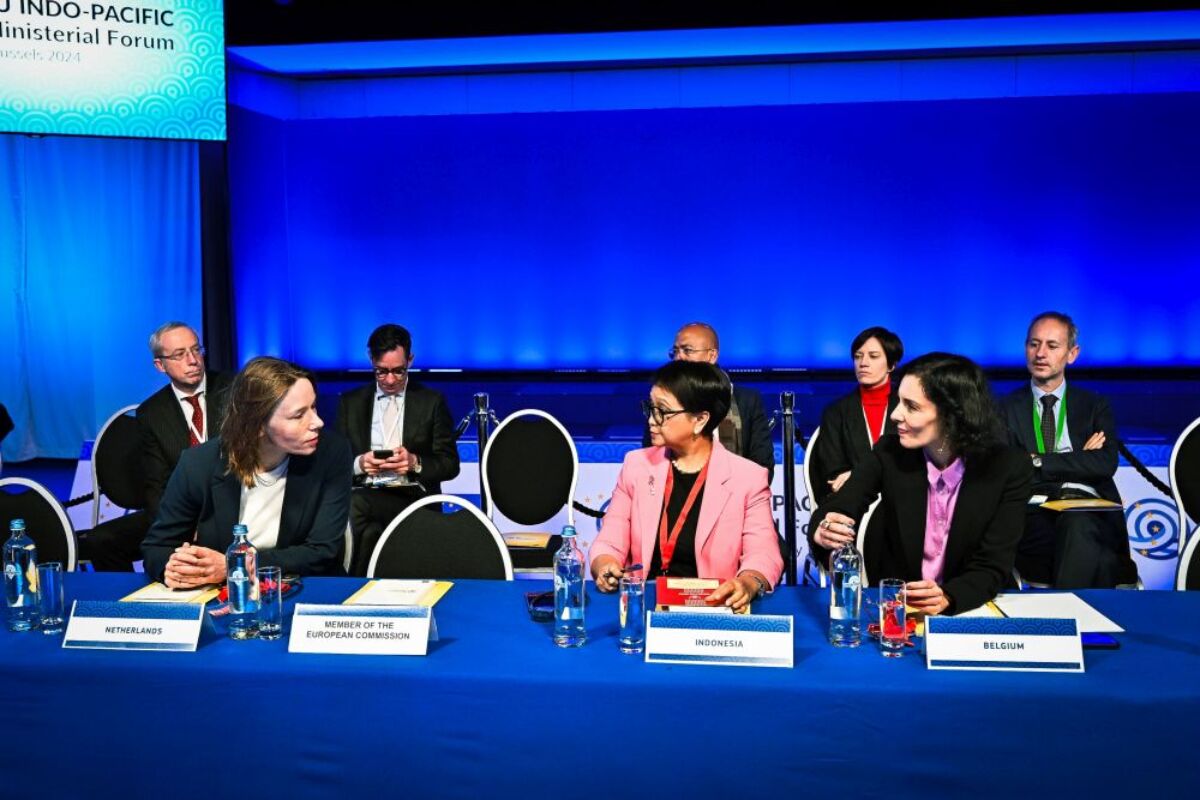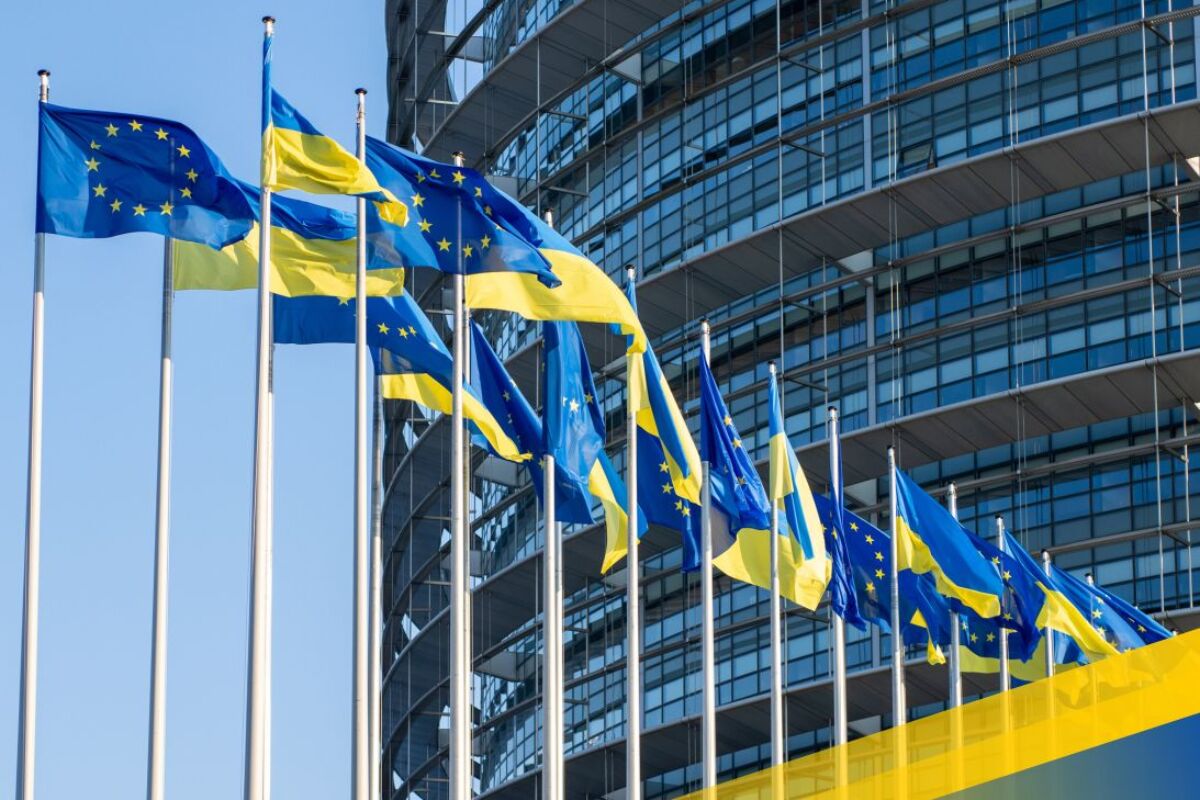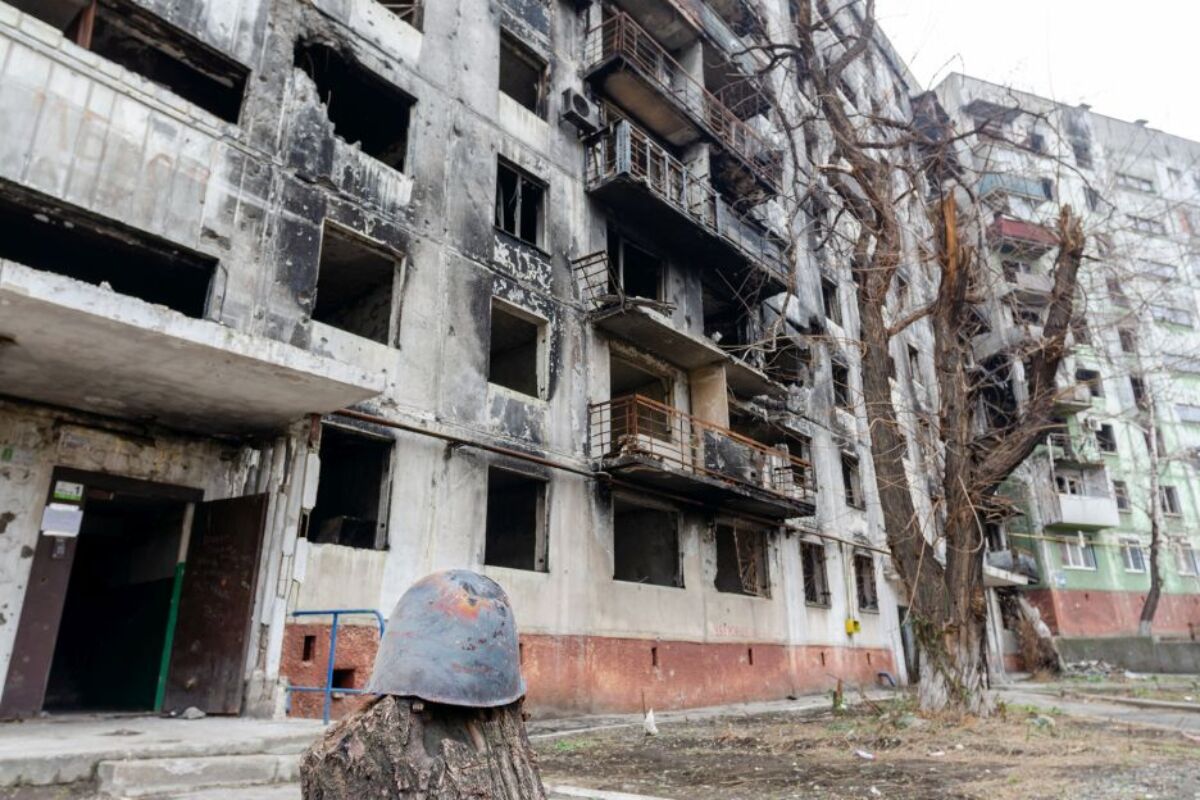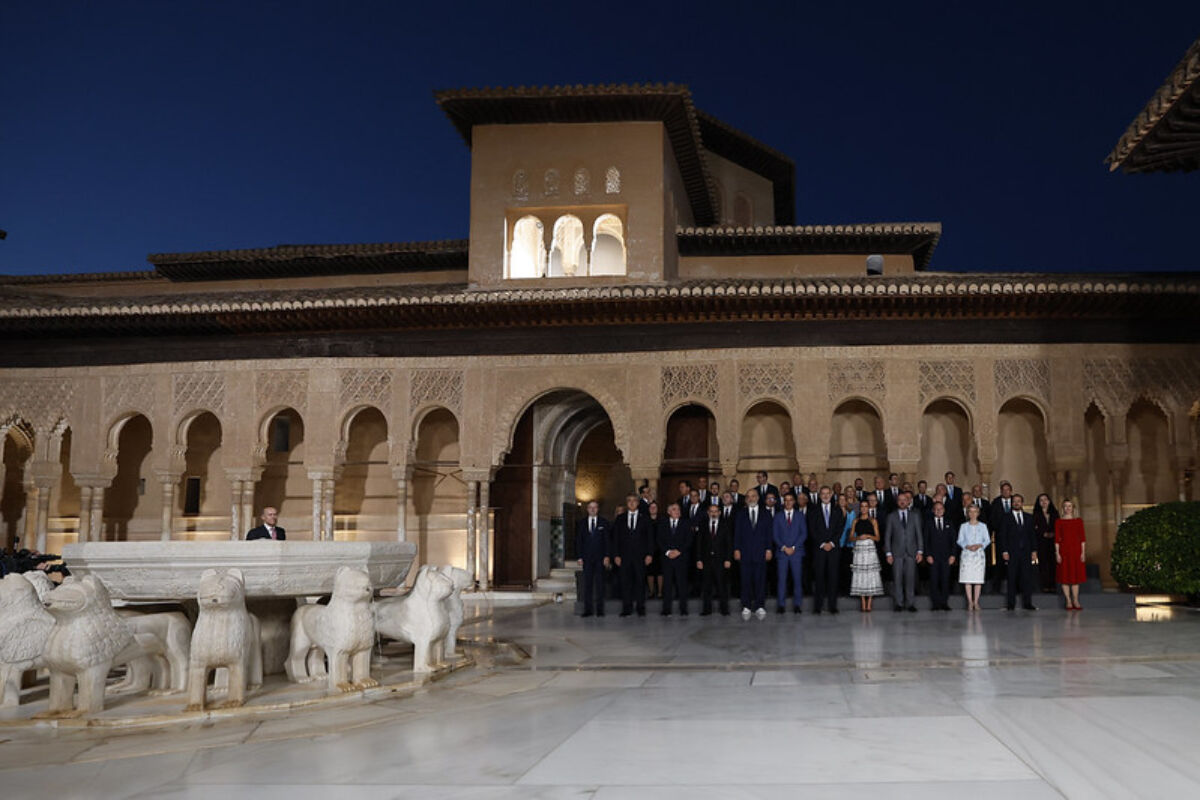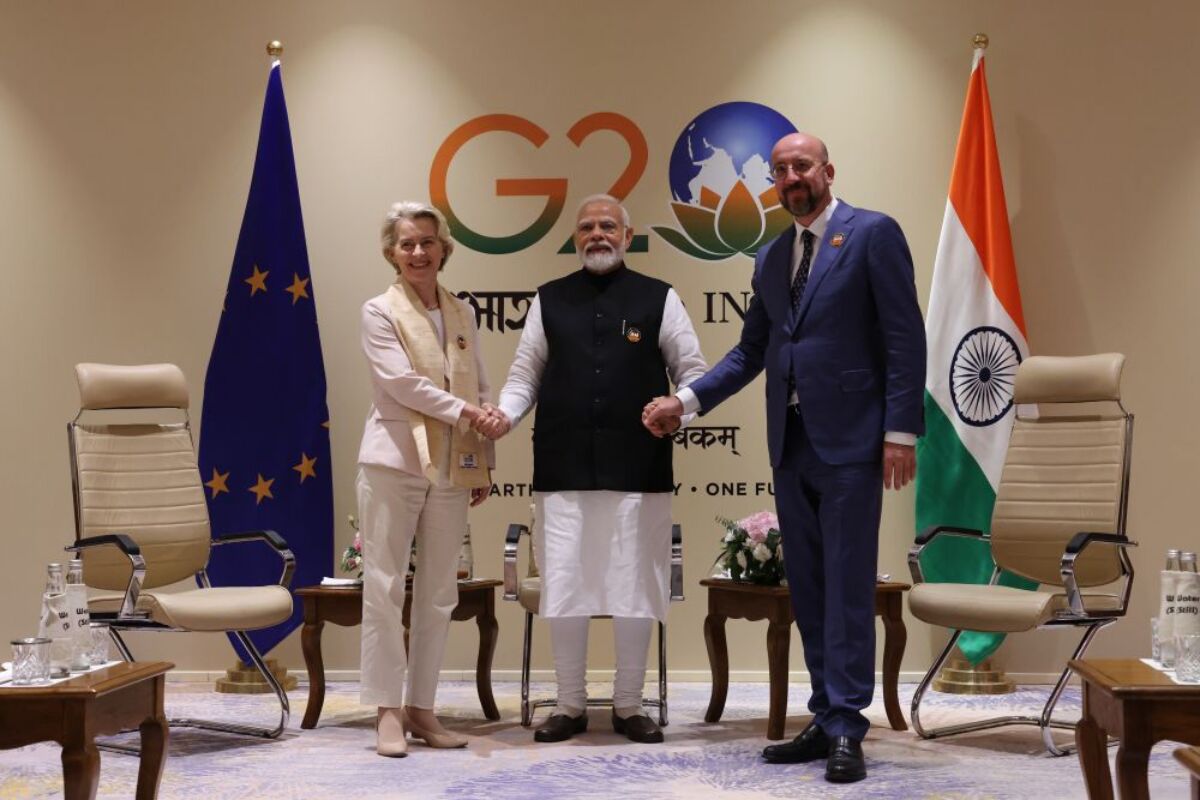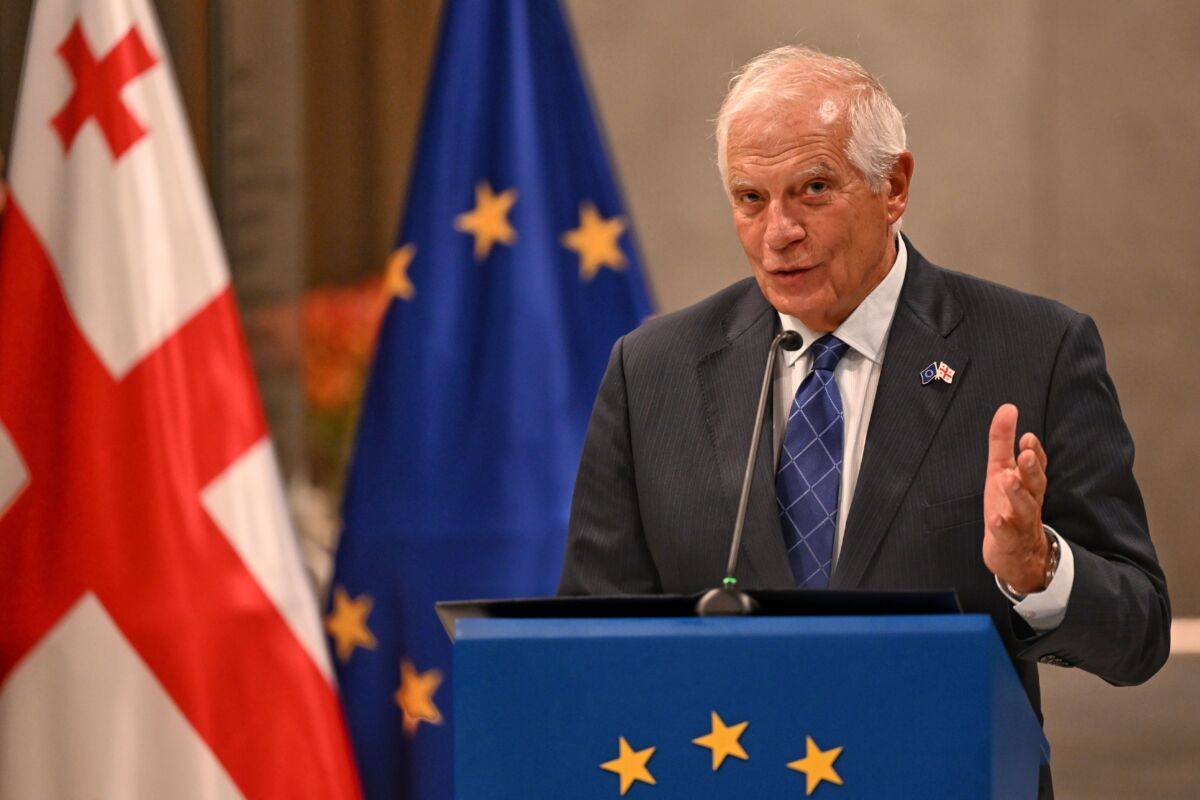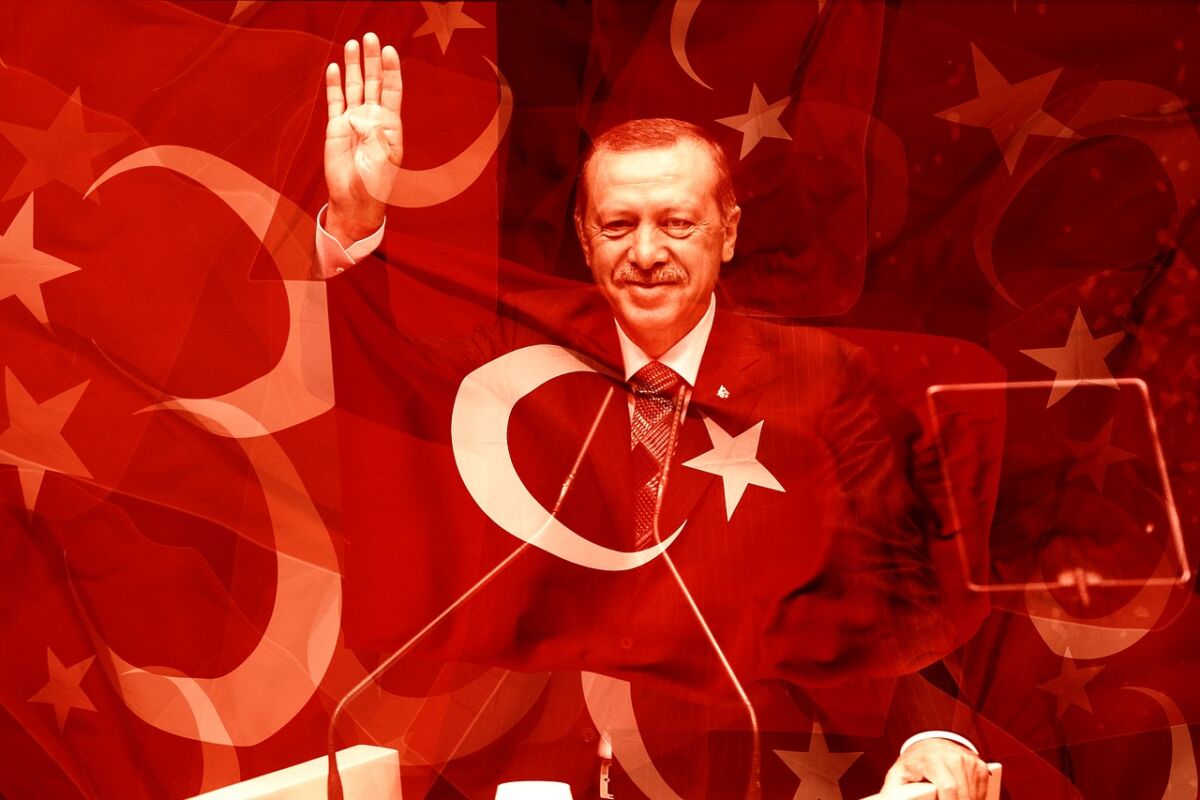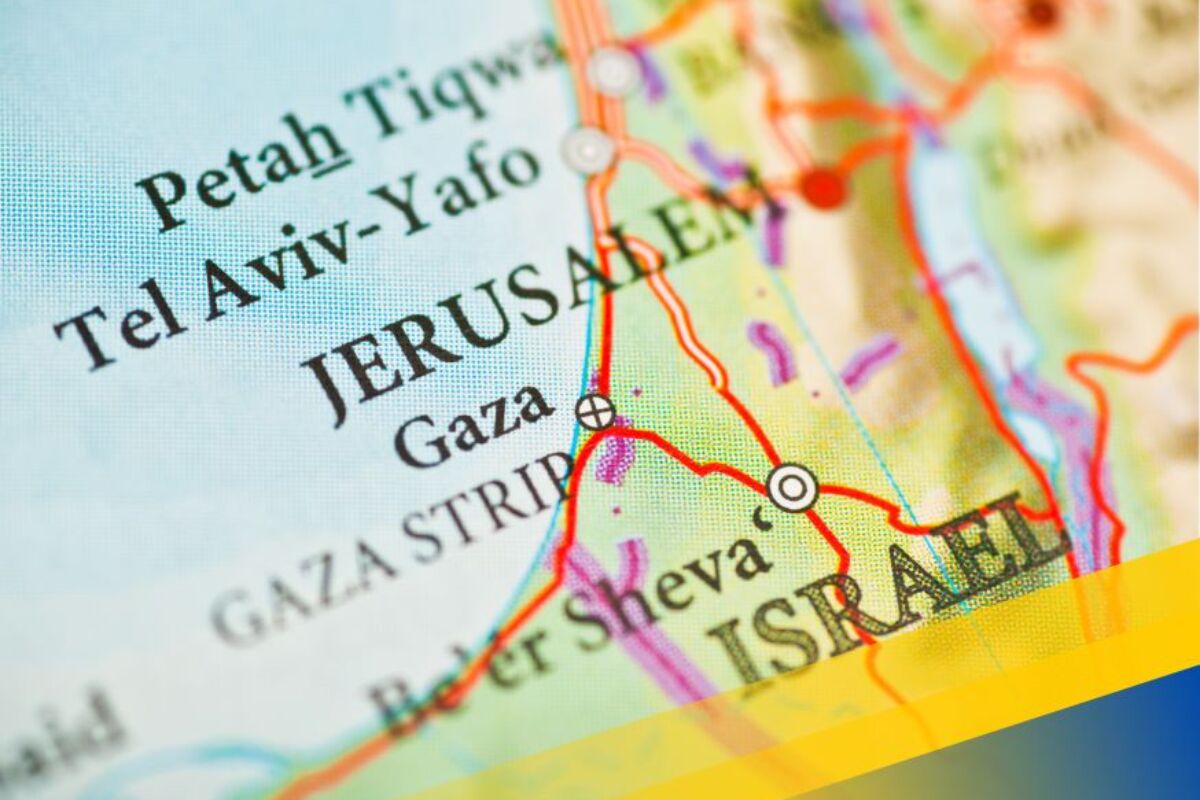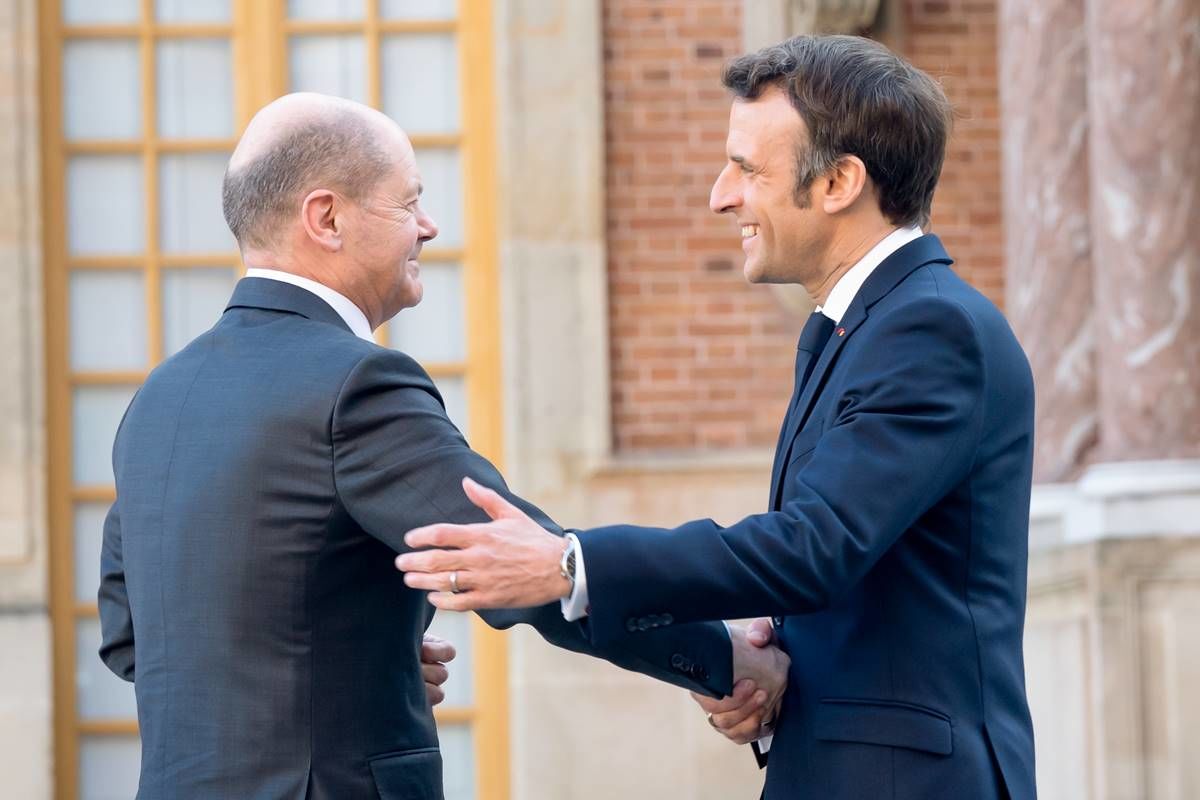After years of taking the Western Balkan region for granted, there were great expectations that the European Commission’s strategy paper published in February 2018 would herald a new and more determined EU engagement. Unfortunately, this has not been the case, raising serious concerns as to whether some member states fully grasp what is at stake in the region.
Last year’s June European Council failed to adopt the European Commission’s recommendation on the opening of accession negotiations with both Albania and North Macedonia. Instead the EU postponed a decision for both countries until June this year, “depending on progress made”, including a track record in areas relating mainly to rule of law and the fight against corruption. Driven mainly by domestic concerns, France, the Netherlands and Denmark are set to kick the can further down the road. That would be a mistake.
État des lieux
The case for North Macedonia would appear stronger, due in part to the historic achievement of the Prespa Agreement concluded in June 2018 and already being implemented. This agreement brought to an end the bitter name dispute with Greece, with the former accepting to change its constitutional name in return for Greek support for the country’s EU and NATO aspirations. The process of ratification of the protocol for NATO accession is under way and expected to be concluded within the year, enabling North Macedonia to become the 30th member of the Alliance.[1] The government has also succeeded in stepping up the fight against corruption with the reform of the State Anti-Corruption Commission and has secured reform of the intelligence services after the wiretapping scandal of 2015/2016. However, owing to blockage from the main opposition party, there is as yet no agreement on maintaining the independence of the Special Prosecutor established in 2016 to deal with the many remaining cases of corruption and abuse of power by the previous government.
Since last year, Albania has witnessed an unsettled period with parliamentary boycotts by the opposition and weekly demonstrations against the current government led by Edi Rama. Progress was nevertheless made with the implementation of a far-reaching reform of the justice sector. The prosecution of high-profile cases has lagged behind though. The country has the worst score among the Balkan states on Transparency International’s 2018 Corruption Perception Index (closely followed by Kosovo and North Macedonia) and it also has to contend with a serious image problem due to the alleged presence of Albanian criminal networks in several high profile drug smuggling and prostitution cases across Europe. The Dutch Parliament has recently called for the suspension of visa-free travel for Albanians.
While Albania and North Macedonia have achieved “tangible results” in fulfilling conditions set by the European Council, the question is therefore whether they can be “sustained”. Of course nothing in life is guaranteed, but what is certain is that the enthusiasm for painful reform will further dissipate if the EU again fails to live up to its side of the bargain.
The risk of that happening is real since the European Council’s approach is likely to be determined less by the merits of each candidate country’s progress in fulfilling the accession criteria and more by the insistence of some member states, notably France, that the EU focus on ‘deepening before widening’.
Encapsulated in the fourth Copenhagen criterion (the EU’s own ‘absorption capacity’), the phrase supposedly represents a dilemma facing member states. Will they respect the commitments repeatedly made by the EU to the Western Balkan countries that their future is within the Union, and allow the enlargement process to continue by following the recommendations made by the European Commission? Or will they succumb to the increasingly negative voices on future accession prospects for the Western Balkans, whether these are expressed by the populist Eurosceptic parties or by those who call for a stop to further enlargement until such time as a post-Brexit EU has determined the next steps in its integration process?
This is an old and false choice. The EU can walk and chew gum at the same time. The decision to allow Croatia to join in 2013 shows that political will can be mustered among member states even at a time of recession, deep internal crisis and a strong desire for EU reform. The fourth Copenhagen criterion has become a cynical placeholder intended to keep candidate countries at arm’s length. It shows that enlargement is ultimately governed by political decision-making in and between the member states.
Recent statements by, among others, French President Macron calling for a pause on enlargement to allow for internal EU reform are once again undermining the credibility of the EU’s enlargement agenda and its commitment to a region with an unenviable reputation for producing more history than it can consume.
End of the road for tactical prevarication
In the past, Commission recommendations have been ignored on many occasions. The ‘political’ Commission has since promoted various attempts at changing the methodology of the enlargement process without, however, producing the desired effect. By delaying the publication of its annual communication on enlargement and the country reports from April until after the European Parliament elections at the end of May, the European Commission has fallen into the trap of allowing fears of growing nativist voices to dictate the EU’s strategic agenda for Southeast Europe.
There have also been fair criticisms voiced of the High Representative Federica Mogherini’s handling of the Serbia-Kosovo dialogue, including – ‘a sotto voce’ – by Chancellor Merkel. That the idea of ‘border corrections’ or a ‘land swap’ between both Serbia and Kosovo has even been entertained by key EU officials as a possible solution for the normalisation of their bilateral relations, begs the question whether those of whom leadership is expected fully grasp the historical context of the region. One could only imagine the impact that such a solution would have for Bosnia and Herzegovina.
The failure of the EU to seriously advance its strategic goal of integrating all of the Western Balkans has opened the door much wider for other actors to make their presence felt. The statement by President Juncker in his 2018 State of the Union that “others will shape developments” there if the EU does not unite towards the region was a belated recognition of the increasingly aggressive role played by Russia and Turkey. Together with China’s growing investment footprint under the Belt and Road Initiative, their actions are often at odds with the interests of the EU and the countries themselves.
Any weakening of the EU perspective will fuel the ever present nationalist elements, reduce the motivation for much needed reforms and increase the fragility of the region. The new ‘Balkan Strongman’ syndrome, epitomised by President Vučić who likes to boast of his close relationship with President Putin, is likely to increase even further. In a region where political dialogue and compromise remain the exception rather than the rule, the civil unrest and institutional instability just two years ago in North Macedonia could easily return and spread across the region. Sadly, the younger generation is emigrating, mainly to EU member states, at alarming rates and these are likely to increase even further.
Reasserting EU leadership over enlargement policy
There can be no other way forward for the EU than to re-affirm in clear and unequivocal terms its fullest commitment to the Western Balkans. The June European Council will provide an opportunity to restore EU leadership by deciding on the formal opening of accession negotiations with North Macedonia before the end of this year. Even if agreement on Albania is unlikely, it should nevertheless set a clear timeline for the opening of accession negotiations, subject to a further review of reform progress in that country in December. Having already blocked the granting of visa free travel to Kosovo, despite the country having fulfilled all the required reforms, if the EU were to keep delaying Albania’s accession aspirations, it will give the impression – however unintended – that it is victimising predominantly Muslim countries in the region. The best way to dispel those thoughts, to reconfirm the EU’s strategic commitment to the region and to lock the Western Balkan countries into a reform and modernisation process while keeping opportunities for further benchmarking by member states, is for the European Council to decide on the opening of accession talks.
With this being the year of institutional renewal for the EU, the commitment to the Western Balkans will need to be fully reflected from the start. A repetition of the statement made by Jean-Claude Juncker when he was appointed President of the Commission in June 2014 that no enlargement would take place during his mandate, should be avoided at all costs. The newly appointed Commission President should include the EU’s engagement with the Western Balkans as one of the new Commission’s strategic priorities, and a Commissioner should be given special responsibility for enlargement with the Western Balkans.
Above all the European Commission will need to reassert its leadership role in the enlargement process. The ground it has lost over the years has weakened the EU’s transformative power and leverage in the Western Balkan region, and has allowed those reluctant member states and Eurosceptic populist voices to control the enlargement narrative.
If the EU wants to avoid history returning to haunt those who forget the lessons of the past, it will need to demonstrate by its actions the irreversibility of the accession process for the Western Balkans and treat the countries in the region as future members.
[1] Unless Turkey throws a spanner in the works by threatening not to ratify the accession protocol should North Macedonia refuse to extradite 15 Turkish nationals living in the country, who Turkey claims are involved in the Gulenist movement.








